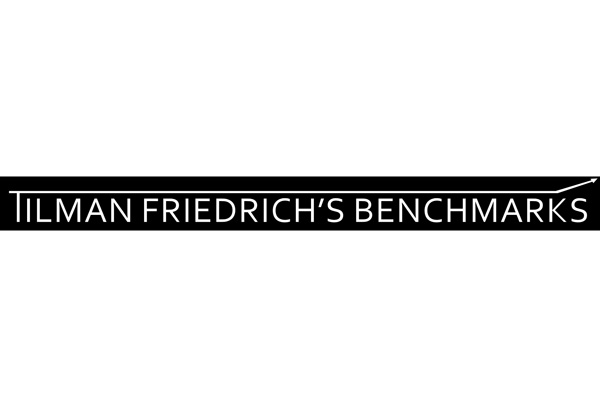
Will this cloud have a silver lining? Part 1


Tilman Friedrich is a qualified chartered accountant and a Namibian Certified Financial Planner ® practitioner, specialising in the pensions field. Tilman is co-founder, shareholder and managing director of RFS, retired chairperson, now trustee, of the Benchmark Retirement Fund.
Bad news both on the economic as well as the political front are currently unfortunately dominating our media and this also manifests in our financial markets of late. Investors are clamouring for good news and each time there is some good news, financial markets also respond positively to these. Where we have seen the FTSE/ JSE Allshare Index increasing steadily since the end of the financial crisis from its low of 21,000 in October 2008 to around 49,000 at the end of April this year, it has been see-sawing since then between 49,000 and 54,000.
We read of South Africa’s economic woes; Namibia ran a trade deficit of N$10 billion in the latest reported month, there are reports that our government is running out of cash and has recently had to issue a Eurobond, exposing Namibia to a significant currency risk while at the same time the Rand has depreciated by 26% from 10.5 at the end of April this year to around 16.24 on Thursday after the announcement that the South African finance minister is to be replaced with immediate effect.
Global commodity markets are in the doldrums, which is particularly bad news for commodity based economies such as South Africa and also Namibia. But wait – on the positive side of lower commodity prices is the low oil price which has declined by 65% from just short of US$ 133 per barrel in July 2008 to its current level of around US$ 47 per barrel only which should be good for your pocket and mine.
But is this true? In fact for you and me diesel for example only declined by 4% from N$ 11.31 per litre in July 2008 to N$ 10.85 currently. In Rand terms, one barrel cost R 976 or roughly N$ 6.14 per litre in July 2008, as opposed to R 643 per barrel, or roughly N$ 4.04 per litre the end of October this year, a reduction of 34%. Does this sound as strange to you as it does to me?
What this implies is that besides the taxes already built into fuel prices in July 2008 someone is currently cashing in at the rate of N$ 2.1 per litre consumed in Namibia. Working back from reported SA fuel consumption of 25 billion litres per annum on the basis of our economy relative to the SA economy, Namibia’s fuel consumption should be in the region of 1 billion litres per annum. Times this by N$ 2.1 per litre, this ‘someone’ is currently cashing in at the rate of N$ 2 billion per annum, and this for a full year already. Even the fuel storage facility in Walvis Bay which is reported to cost N$ 3.6 billion should be paid off fully by October next year everything else being equal.
So what could have been one piece of good news for the Namibian consumer unfortunately is also not really good news.
Continues in next week’s Economist with an overview of international developments.
Download the complete Benchtest fund investment overview for March 2015 at http://www.rfsol.com.na/benchmark










































